I’ve been writing the Next TribeTest column for three months now, and something fascinating is happening to me because of it.
As always, I tend to gravitate toward women’s stories in my entertainment choices, but if a male-centric film or show was compelling enough, I would watch it and appreciate its artistry. But now that my focus has narrowed on the criteria of the NextTribe Test—(1) The work has two named women over 45; (2) who talk about something other than their spouse/kids/home/aging body/fading looks/fear of technology; (3) and are shown dressing stylishly, doing physical activity, or having a sex life that is not just a punch line—I can barely stand to watch any entertainment that does not include women of a dangerous age.
The feeling that comes up when I see a trailer for a film like Ad Astra—three women in the ENTIRE cast, in only a handful of scenes, many of them dialogue-free flashbacks—is utter indifference. I’m sure Ad Astra is as beautifully filmed as critics say, and there is no doubt that Brad Pitt is a handsome man. But will I spend $20 to watch him wrestle with his long-suppressed Daddy issues for two hours? A movie about masculinity in space has little to offer me, or any woman over 50 who has been an emotional explorer for quite some time now. My patience is up—in the movies and in real life—for men who wake up in middle-age and realize, “I guess I have to deal with my shit at some point.” Light years ahead of you, dude.
Another big September blockbuster, Joker, strikes me with the same meh. Joker’s Gotham is populated by only one older woman, Frances Conroy, 66, as Joaquim Phoenix’s mother. In the cast list, there is a credit for “Middle Aged Woman,” played by Adrienne Lovett. Lovett, a fine actor, is 37. Look, I get it. Joker is a character study of a troubled man who has been rejected by society in general and women in particular and that has caused him to … oh, who cares? Does the world need another story about a misunderstood man who turns to violence to heal his emotional wounds? I guess it does, because Joker is winning awards and will soon sell out theaters.
Read More: Kudos to J. Lo: The Hard-Working Dual Threat Finally Gets Some Respect
More NextTribe Test FAILS in September:
It Chapter Two. Jessica Chastain, 42, plays the only important female in the film, apart from a cameo character Mrs. Kersh, a crone played by Joan Gregson who takes off her clothes and puts a fright into Chastain. Old naked woman = creepy and terrifying.
Judy. Renée Zellweger, 50, stars as Judy Garland, on her last legs in London at the end of her career. Zellweger’s performance as the drug-addled, multi-divorced singer is so big that there is no room for any other mature women in the cast, unfortunately.
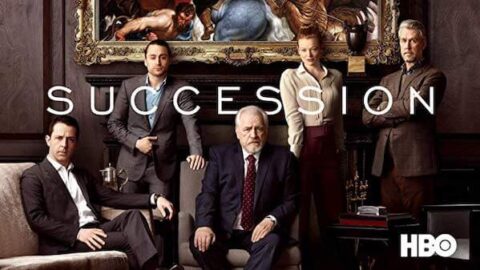
Succession on HBO
NextTribe Test PASSES this month:
Unbelievable. This eight-hour Netflix series based on real events gets a standing ovation for the diversity of its casting, the writing, the acting, and the direction by creator Susannah Grant. Female characters dominate every scene, starting with flinty Toni Collette, 46, and soft-spoken powerhouse Merritt Wever, 39, as the detectives who worked tirelessly to catch a serial rapist in Colorado in 2011. Although the plot is a police procedural—putting together the clues to get the bad guy—the story has little to do with the bad guy himself. It’s about the relationship between the two lead actors, how they worked the case together despite philosophical differences in police work and life. The rape victims are NOT the comely young woman we’re used to seeing on Law & Order SVU. Two are plus sized; two are middle-aged. Yes, men rape fat, old women, too. Thanks to Unbelievable, that fact has been dramatized without one word of dialogue to question it. Special mentions to veteran actors Dale Dickey, 57, whose deeply grooved face is the map of every woman’s journey; Brooke Smith, 52, who plays a shrink with such compassion and patience, I briefly considered going back into therapy; and Elizabeth Marvel, 50, in an unsympathetic role as a judgmental, disbelieving foster mother of the first rape victim. Her feathered hairdo alone deserves an Emmy.
Hustlers. National treasure Jennifer Lopez, 50, plays Ramona, a stripper with a heart of gold nuggets. In a story based on true events, she recruits a crew of her colleagues to drug Wall Street men and steal their money in post-Recession New York. Mercedes Ruehl, 71, plays the manager of a strip club who helps the stripper crime crew run their scheme. J.Lo’s star power is so volcanic, that even when she’s surrounded by near-naked women half her age, you only want to look at her. The men in Hustlers have zero humanity. Even when the women talk about them, they are really talking about money. In this world, men are dupes and scumbags, treated like walking ATM machines by the women. It seems only fair since the men treat the women like fantasy robots. The pure, sacred love relationships in Hustlers are between the strippers who call each other sisters, mothers and daughters, grandmothers and granddaughters. Love flows freely and generously among the women. Meanwhile, all male-female relationships are strictly transactional. As J.Lo’s Ramona says in the movie’s last line, referring to the whole city, “It’s all a strip club. You have people tossing the money and people doing the dance.”
Succession. A recent Emmy-winner for best writing, Succession is about a Rupert Murdoch-like media clan—the domineering founder father and his four children’s fight for his approval and elevation within the family business. Every character, in every scene, is scheming for a way to crawl an inch higher, and it’s hilarious and agonizing—and addicting—to watch them push boulders up the hill, only to have them roll right back down. Women are just as ruthlessly self-preservationist as the men, and it’s a joy to watch them flex, notably Cherry Jones, 62, as the head of a rival media family; Holly Hunter, 61, pulling strings as a once-and-future CEO on the prowl for her next multimillion dollar salary; and J. Smith Cameron, 61, as a high-level exec at the company who plays the long game in her quiet, bemused way.
Downton Abbey. The long-running show on PBS about a turn-of-the-20th-century titled family in Yorkshire, England, is made for and populated by middle-aged-plus women, and creator Julian Fellows does not skimp on female-centric storylines in the feature film follow-up (which, incidentally, made nearly twice as much in its opening weekend as Ad Astra). Maggie Smith, 84, is still at Downton, making ribald comments and badgering her family to do whatever she wants. Penelope Wilton, 73, as Isobel Crawley, is her foil and bestie, as always. Elizabeth McGovern, 58, as Lady Grantham is not given nearly as much to do as downstairs characters housekeeper Mrs. Hughes, played by Phyllis Logan, 63, and cook Mrs. Patmore, played by Lesley Nicol, 66. The tension between the upstairs and downstairs characters at Downton Abbey is non-existent; despite class divides, servants and aristocrats are united in the desire to show off for the visiting Royals, among them Imelda Staunton, 63, as the Queen’s lady in waiting, a Crawley cousin with a convention-defying secret in her past. The only conflicts in this low-stakes cinematic comfort feast are between the local and regal servants. Guess what? It all works out in the end with the promise that Downton Abbey—the house, and possibly the franchise—will survive for the next 100 years. Cheers!
Read More: Judi Dench Is 26 Years Older Than Her New Leading Man—Has Hollywood Finally Wised Up?
Featured Photo Credit: BBC Films, Warner Bros., Everett Collection

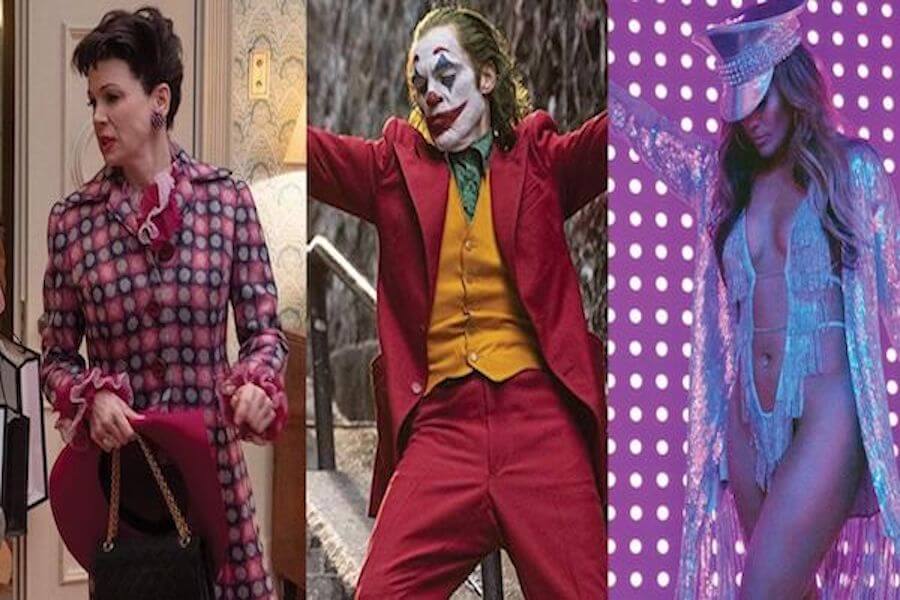




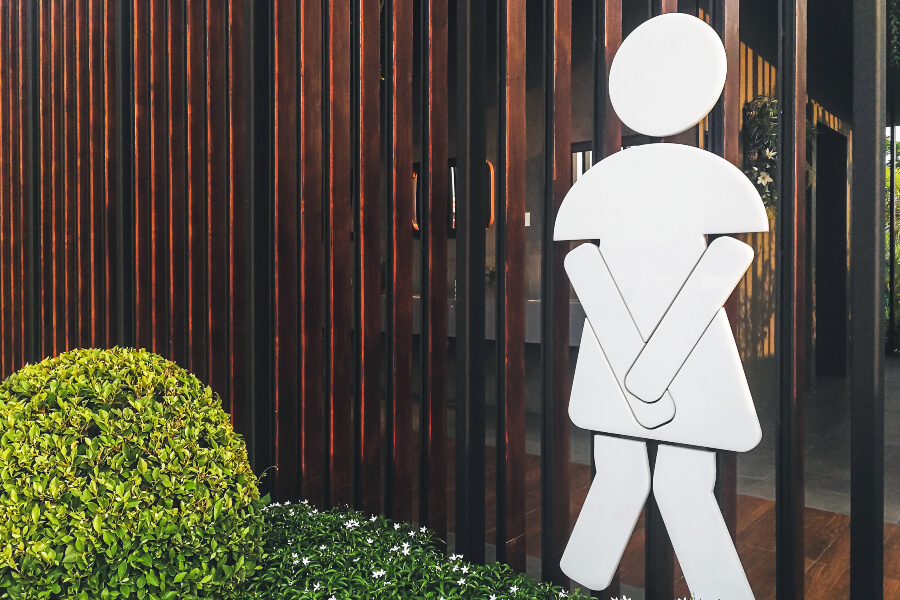






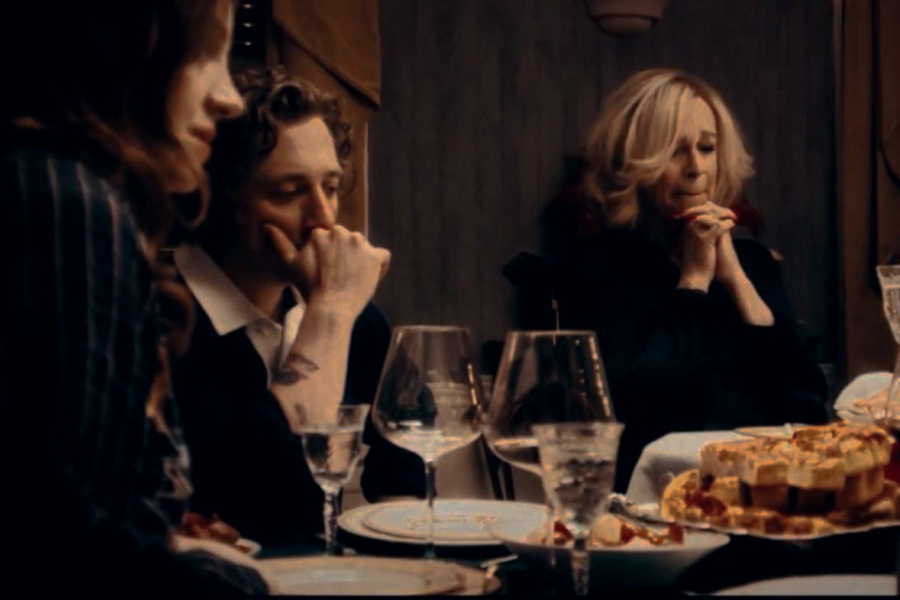
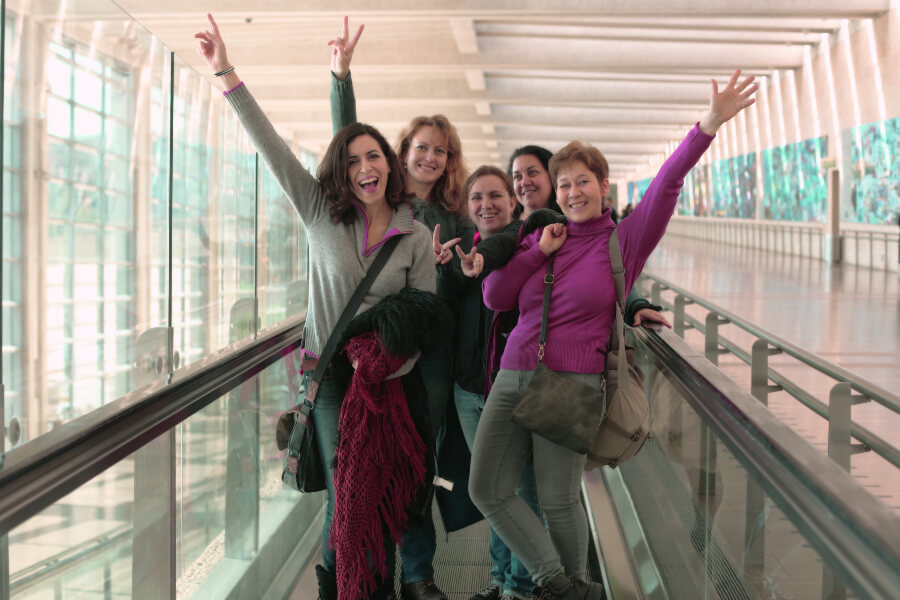




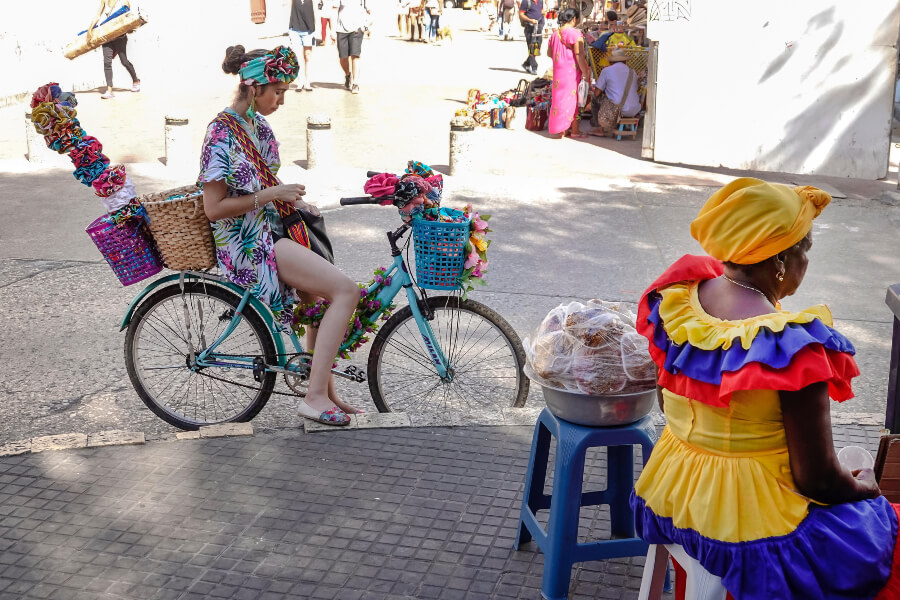

0 Comments